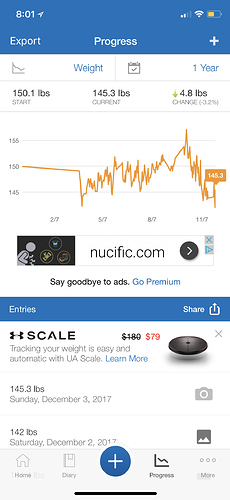I don’t disagree with your comments about Fung’s characterization being inadequate, but as a keto devotee who is routinely asked to explain to friends of friends/strangers the hows and whys of my keto lifestyle, I can assure you the general public I encounter is wholly ignorant of all knowledge of their own bodies and how food affects them and drives health or disease. Truly most are lemmings listening to standard American medical advice and would rather take a pill or have a simple explanation as Fung offers rather than thinking for themselves.
I routinely lose people when I start to explain basic biology and how food and the body and weight loss and gain and blood sugars, cholesterol et al interact in our wonderfully, amazingly complex bodies. They want a simple one sentence answer, and like it or not, Fung provides that. The general American public has been willingly brainwashed and are comfortable staying there.
Sadly, I know MUCH more than my own physician sometimes when it comes to the details of how and why things work the way they do with my health, because she was trained in medical school and fortunately, I wasn’t. I keep her because she is the only half decent option in my locale; she doesn’t fight me on the choices I am making and is instead willing to learn and help me keep moving forward by ordering labs and supplements I need from her for insurance to cover my labs.




